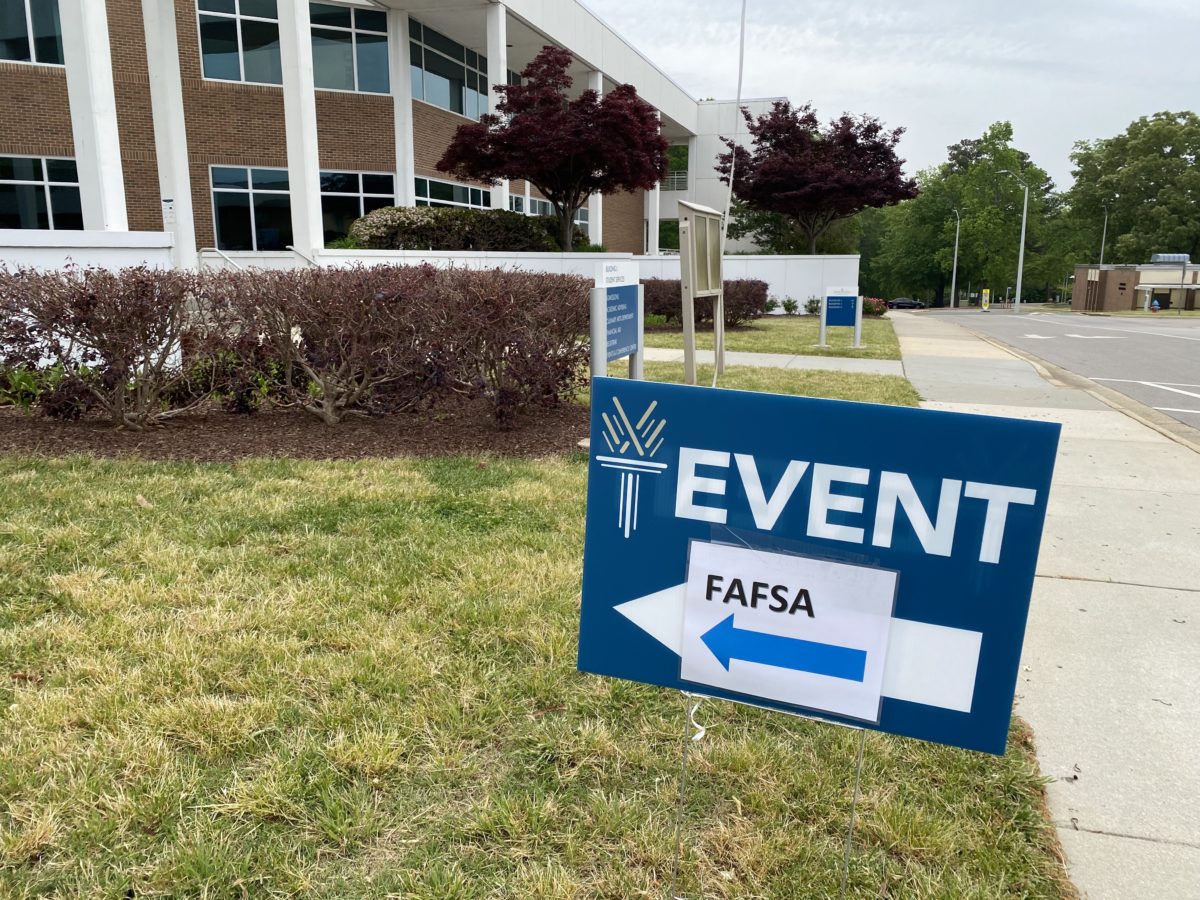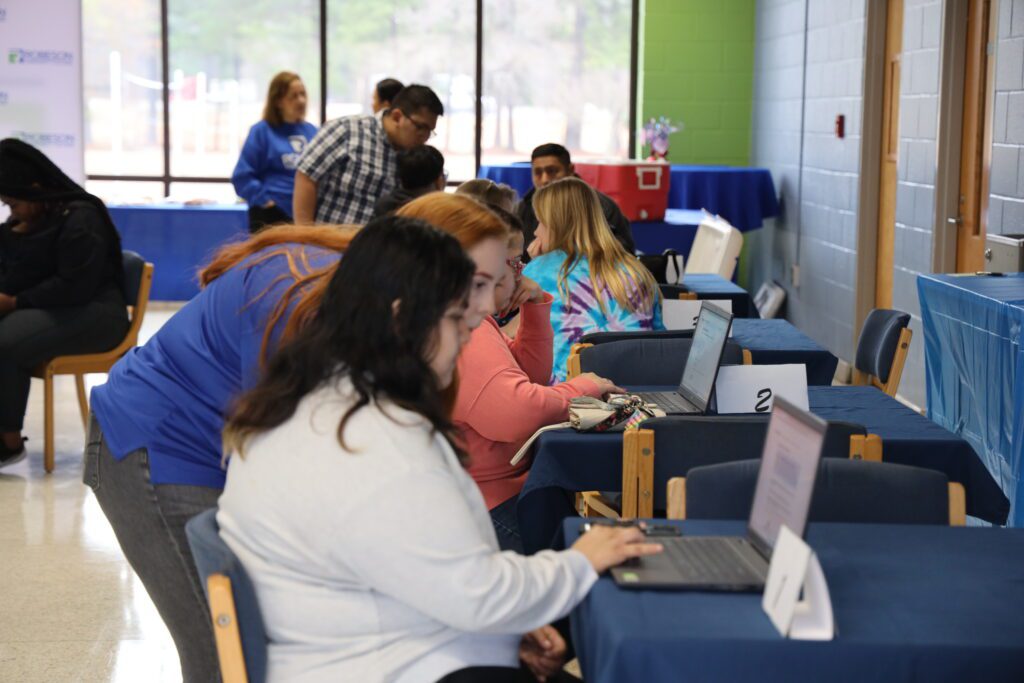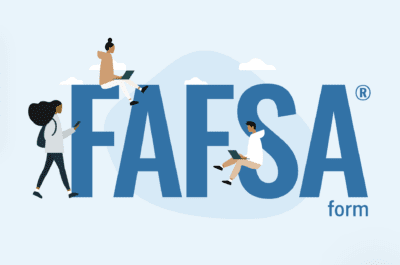

|
|
The U.S. Department of Education will deploy teams of federal student aid experts to under-resourced colleges in the next two weeks after multiple delays and technical glitches have been reported with the new Free Application for Federal Student Aid (FAFSA).
For example, despite a new process for undocumented students to set up a StudentAid.gov account, students with a parent without a social security number cannot complete the FAFSA currently, and the U.S. Department of Education has not indicated when that will be fixed.
Federal experts will provide additional personalized support to some institutions, including Historically Black Colleges and Universities (HBCUs) and Tribal Colleges and Universities (TCUs).
According to a department press release, the colleges will be selected based on several criteria, including “percentage of Pell students, resource constraints, and other indications of need.” The first set of schools will receive communication starting this week.
Additional support strategies and process amendments
After a delayed FAFSA opening — three months later than its typical October start — the U.S. Department of Education announced in January that due to a formula fix to account for inflation, colleges will not receive students’ FAFSA data until March, possibly later. Colleges use this data to determine eligibility and award aid.
A January press release indicated the formula update will allow students to access an additional $1.8 billion in aid.
But there are still technical issues within the FAFSA system preventing some students and parents from completing the form. Some of these issues include parents without a Social Security Number being unable to start a FAFSA form for a student or contribute to an existing form. Married students or parents who exit the FAFSA form before entering the required information of their spouse have not been able to add the information later and have been prevented from submitting the form.
You can find the full list of open issues and workarounds here. Not all open issues have workarounds presently.
In response, the department is rolling out amendment changes and offering additional support to help colleges and students with the FAFSA.
Support
The Department of Federal Student Aid (FSA) has a new concierge service. The new service provides direct contact with financial aid experts. Institutions can email for services that include more extensive support, answers to questions about the new student aid index (SAI), help locating existing tools, and more.
Additionally, under-resourced institutions who wish to be considered for federal financial aid experts can send an email. Requests to the email will be considered as they are received.
The department allocated $50 million in federal funding to nonprofit groups to help institutions during the 2024-25 FAFSA cycle. The funds will be used to recruit financial aid professionals who will provide additional technical assistance and support to institutions. Staff recruitment has already started, and support to institutions is expected to begin this month.
By Feb. 16, the department will release test versions of Institutional Student Information Records (ISIRs). Colleges and partners can use test ISIRs to prepare their own systems and processes for awarding aid.
Process amendments
Several process amendments could help colleges process records faster and award aid more quickly.
All new routine program reviews will be suspended through June 2024. Program reviews are used to confirm if a college meets the Department of Education’s requirements for “institutional eligibility, financial responsibility, and administrative capability.”
More flexibility will be given to institutions whose Program Participation Agreement (PPA) expires in March, June, or September 2024. Institutions are required to recertify eligibility no later than 90 days before PPA expiration. The department is giving institutions until their expiration date to submit a recertification application.
The department is also reducing the number of application verification requirements. It will continue measures to protect against identity fraud, but the number of FAFSA applicants the department will select for colleges to verify will be reduced. The new FAFSA included a direct data exchange with the IRS. Using the IRS Data Retrieval Tool (DRT) is the easiest way to provide tax return information, and income information directly from the IRS will not need to be verified.
What delays mean for students and colleges


Delays and glitches could spell bigger problems in the months to come.
As postsecondary institutions, particularly four-year schools, experience enrollment declines, not being able to deliver financial aid packages to students until at least March has some college leaders worried.
Some four-year institutions have already made the decision to extend admissions deadlines given the delays, and higher education organizations are urging other universities and colleges to join.
Colleges will need a plan to tackle not only the delays but also the glitches students are experiencing when filling out the FAFSA.
What does FAFSA completion look like this year?
According to recent data from the National College Attainment Network (NCAN), there have been 830,160 FAFSA submissions nationally among high school seniors. That’s 20% of the high school class of 2024 – roughly 50% fewer applications than this time last year. You can view state-by-state data here.
Glitches and delays have significantly shortened the time frame for students to complete the form and for colleges to provide financial aid award packages. It’s unclear the full impact this will have on enrollment.
EdNC will continue to track FAFSA updates.
You can view our most recent coverage here.





